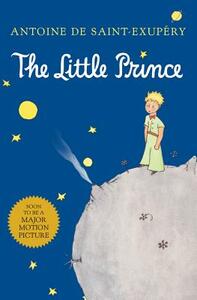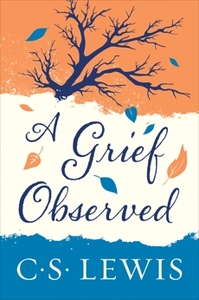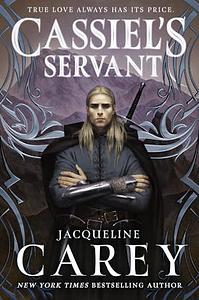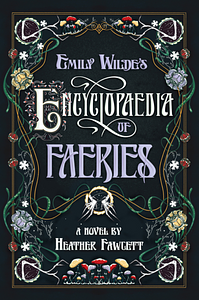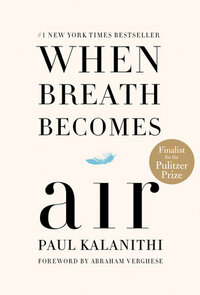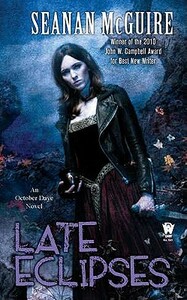Take a photo of a barcode or cover
rebeccazh's Reviews (2.89k)
Skipped/skimmed some of the Christian parts. This part especially stays with me:
And then one or other dies. And we think of this as love cut short; like a dance stopped in mid career or a flower with its head unluckily snapped off--something truncated and therefore, lacking its due shape. I wonder. If, as I can't help suspecting, the dead also feel the pains of separation (and this may be one of their purgatorial sufferings), then for both lovers, and for all pairs of lovers without exception, bereavement is a universal and integral part of our experience of love. It follows marriage as normally as marriage follows courtship or as autumn follows summer. It is not a truncation of the process but one of its phases; not the interruption of the dance, but the next figure. We are 'taken out of ourselves' by the loved one while she is here. Then comes the tragic figure of the dance in which we must learn to be still taken out of ourselves though the bodily presence is withdrawn, to love the very Her, and not fall back to loving our past, or our memory, or our sorrow, or our relief from sorrow, or our own love.
And then one or other dies. And we think of this as love cut short; like a dance stopped in mid career or a flower with its head unluckily snapped off--something truncated and therefore, lacking its due shape. I wonder. If, as I can't help suspecting, the dead also feel the pains of separation (and this may be one of their purgatorial sufferings), then for both lovers, and for all pairs of lovers without exception, bereavement is a universal and integral part of our experience of love. It follows marriage as normally as marriage follows courtship or as autumn follows summer. It is not a truncation of the process but one of its phases; not the interruption of the dance, but the next figure. We are 'taken out of ourselves' by the loved one while she is here. Then comes the tragic figure of the dance in which we must learn to be still taken out of ourselves though the bodily presence is withdrawn, to love the very Her, and not fall back to loving our past, or our memory, or our sorrow, or our relief from sorrow, or our own love.
All these 'feminist retellings' of Greek mythology but honestly the female characters have no personality and the story itself bores me. Too much tell not show. This one was even worse than Circe and Clytemnestra. Medea reads like a contemporary novel with bits of toxic romance. Is there a good Greek retelling out there or is this genre just not for me??
I've tried to read Kushiel's Dart many times, and always DNF'ed at some point and so I picked this up - one last attempt LOL. Cassiel was an interesting main character. I enjoyed reading about his struggles with purity, structure, and loyalty. I still found the politics part boring though.
Delightful and charming. The pace is a bit slow and the story took a while to get going, but I loved the epistolary format, the footnotes, the established fields studying faeries etc. Titular heroine Emily is quite an interesting protagonist: extremely intelligent, though uncomfortable in social situations, she reminds me of someone on the spectrum. Her dynamic with love interest Wendell is the grumpy sunshine dynamic, and it's such a RELIEF to read about someone who is not your standard sassy mouthy feisty heroine. I liked Wendell's charming talkative personality and I liked their cute romance (he reminds me of Howl) but I don't really get what he sees in her. The highlight for me was definitely the world building. It is such a delight to read about the various papers on faeries, the various tales, the magic and stories etc.
This is a book about meaning. Paul Kalanithi spends his whole life finding meaning and making sense of life. I'm most struck by how he went back to the grueling work of residency despite his cancer diagnosis, he lives his life by striving - sometimes life is about more than happiness or pleasure and ease, and important things are worth doing despite hardship and pain. “Don’t you think saying goodbye to your child will make your death more painful?”
“Wouldn’t it be great if it did?” I said. Lucy and I both felt that life wasn’t about avoiding suffering.
Lucy's concluding chapter struck me as well, especially her observation that love persists and takes on a different form after death. Caring for our daughter, nurturing relationships with family, publishing this book, pursuing meaningful work, visiting Paul’s grave, grieving and honoring him, persisting…my love goes on—lives on—in a way I’d never expected.
“Wouldn’t it be great if it did?” I said. Lucy and I both felt that life wasn’t about avoiding suffering.
Lucy's concluding chapter struck me as well, especially her observation that love persists and takes on a different form after death. Caring for our daughter, nurturing relationships with family, publishing this book, pursuing meaningful work, visiting Paul’s grave, grieving and honoring him, persisting…my love goes on—lives on—in a way I’d never expected.
The stuff about Toby's heritage is really interesting but the writing, inconsistent characterization and Toby's character flaws still annoy me. Saw some reviews that the next book is better so, fingers crossed. Also, I hope Connor dies soon. He is one of the most annoying and unnecessary love triangles I've read. And why kill off Lily ://


